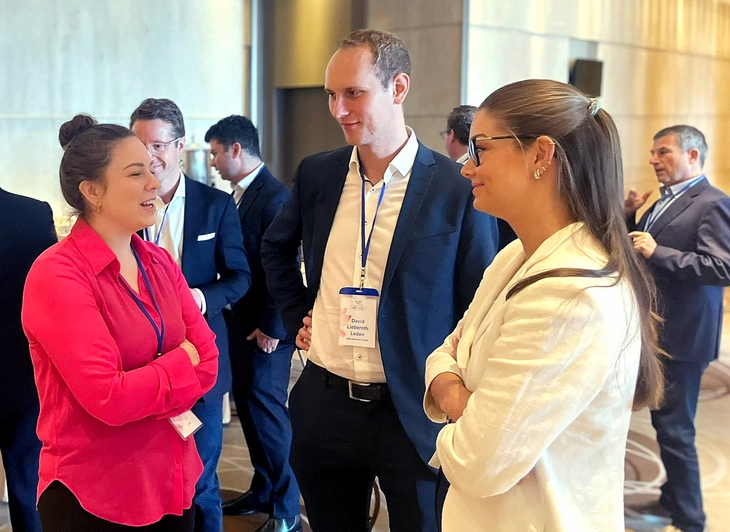
International investors present in Ho Chi Minh City at a global investment conference - Photo: N.BINH
Vietnam is in a developing stage, especially in the field of digital transformation and innovation. The need for high-quality human resources is therefore increasingly urgent.
However, the quality of domestic labor is still improving slowly. Even in the FDI sector, the proportion of workers with degrees/certificates has decreased from 25.5% (2021) to nearly 21.7% (2024).
Will increase attractiveness to foreign investors
Recently, the Government has proactively introduced many policies to address the challenge of lacking quality human resources for industries.
Notable ones are Decree No. 219 on foreign workers working in Vietnam and Decree No. 221 on temporary visa exemption for foreigners who are in special need of incentives to serve socio -economic development.
These are considered remarkable reforms to attract and retain international talent and help Vietnam catch up faster with the high-tech economy. These new policies have received great attention from the expert and investor community.
Mr. Andrew Goledzinowski, former Australian Ambassador to Vietnam and strategic consultant for organizations, assessed the recently issued visa policies as a very positive and welcome move.
Although Vietnam will produce highly qualified scientists , technicians, scholars, and managers over time, the transition to a more complex high-tech economy cannot wait.
"Vietnam is an open economy and is in the process of transformation, so there is a constant need for skilled foreign experts to support this process," Mr. Andrew told Tuoi Tre.
Meanwhile, Mr. Kim Nyoun Ho, Chairman of the Korean Chamber of Commerce in Vietnam (KOCHAM), assessed Decree 219 as "a significant turning point in removing difficulties that businesses have encountered over the past time". This Decree has shortened the time to issue work permits and expanded the subjects exempted from permits.
This will significantly simplify administrative procedures, improve the efficiency of human resource management and support businesses in accelerating the implementation of business plans. "These changes will be a positive signal, contributing to increasing the attractiveness of Vietnam's investment environment to the international business community," Mr. Kim commented.
Should consider issuing a long-term temporary residence card?
However, experts also pointed out aspects that need to be improved to maximize the effectiveness of the policies, including the long-term nature of residence permits. According to businessman Timen Swijtink, having a two-year temporary residence card has never been a problem even though he has lived and done business in Vietnam for 18 years.
However, for other foreigners, this may be a factor to consider when deciding to commit to long-term capital. Therefore, Mr. Hong Sun (expert), suggested that Vietnam should consider issuing permanent residence or temporary residence cards for 10-20 years for large-scale investors, along with specific criteria to encourage long-term commitment.
At the same time, flexibility in applying the new rules was also mentioned. According to Andrew Goledzinowski, how flexible the new rules will be is still unclear, but it could be quite limited. For example, a special visa exemption card (SVEC) could apply to elite football players, but only to the top 100 players in the world.
"If this rule were applied to Manchester United Football Club, only three players would be eligible and the rest would be disqualified. Hopefully the new rules will be applied in a way that maximizes the benefits for Vietnam," Mr. Andrew shared.
In addition, according to experts, specific guidelines are needed to avoid the situation where each level of processing has different understandings and applications during the implementation process. Mr. Kim Nyoun Ho said that Vietnam should increase flexibility in visa procedures for human resources in specialized professional fields and supplement preferential policies for highly skilled workers.
"In addition, ensuring consistency in the application and interpretation of legal regulations is also a key factor in creating transparency and trust for businesses," said Mr. Kim Nyoun Ho.
Attracting and retaining foreign talent
In addition, according to experts, Resolution 229 has brought many expectations when it exempted 45-day visas for citizens of 12 countries, under the tourism stimulus program. This policy not only promotes the growth of the tourism industry but also contributes to building the image of Vietnam as a friendly, open and attractive destination.
Mr. Timen Swijtink, an entrepreneur who has lived in Vietnam for 18 years and is the founder and CEO of Lacàph, said that important policy reforms are being implemented in Vietnam, including creating the right conditions to attract and retain international talent. This contributes to modernizing the country and maintaining its competitiveness both regionally and globally.
Source: https://tuoitre.vn/thu-hut-nguoi-tai-tu-chinh-sach-thi-thuc-20250820080909495.htm



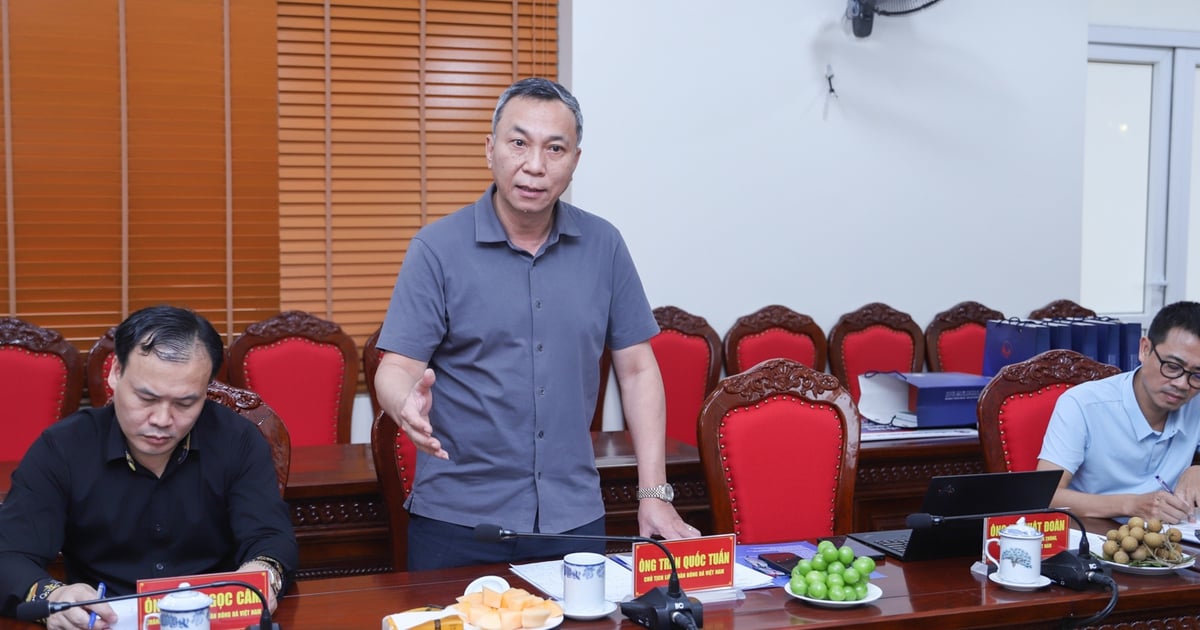
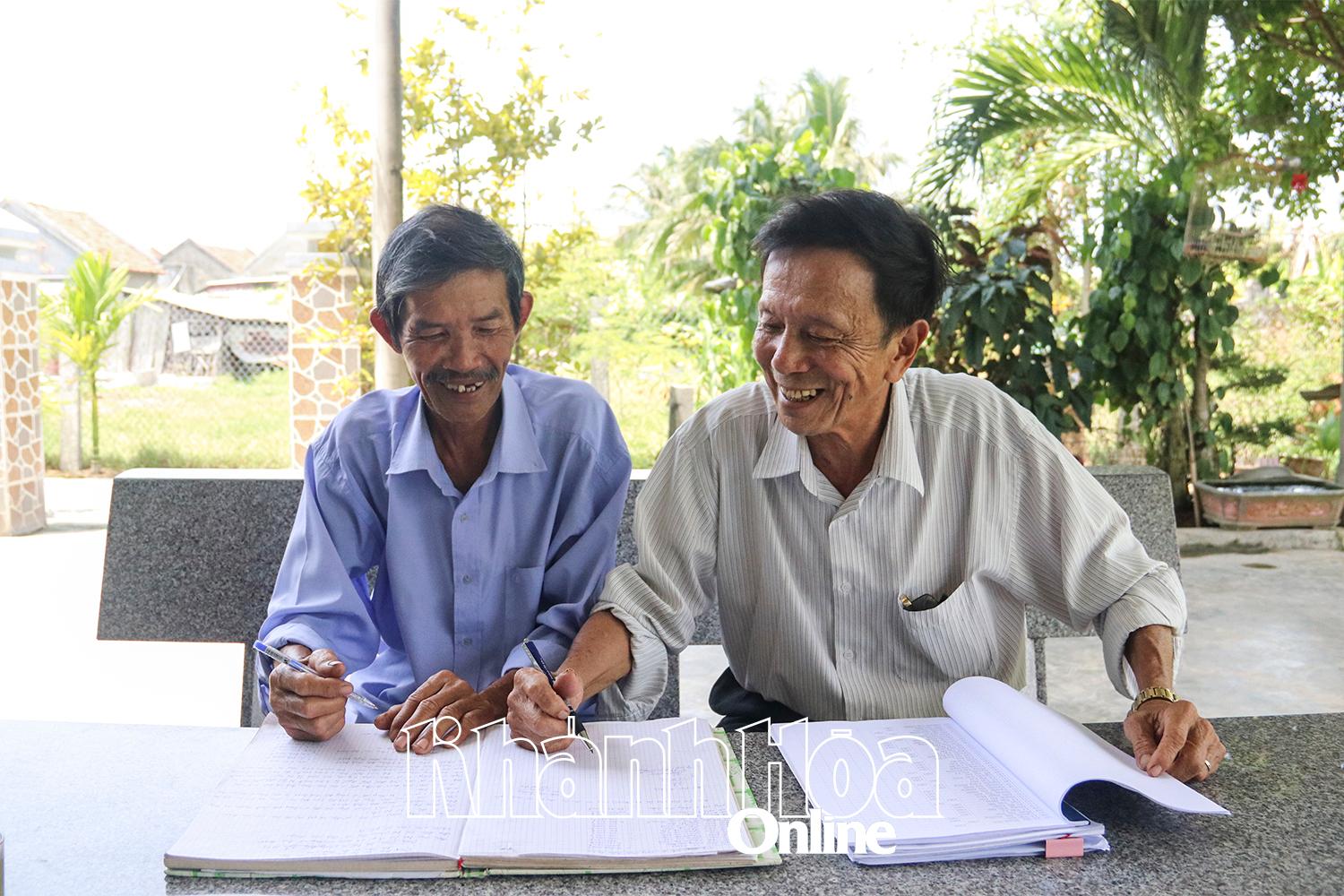
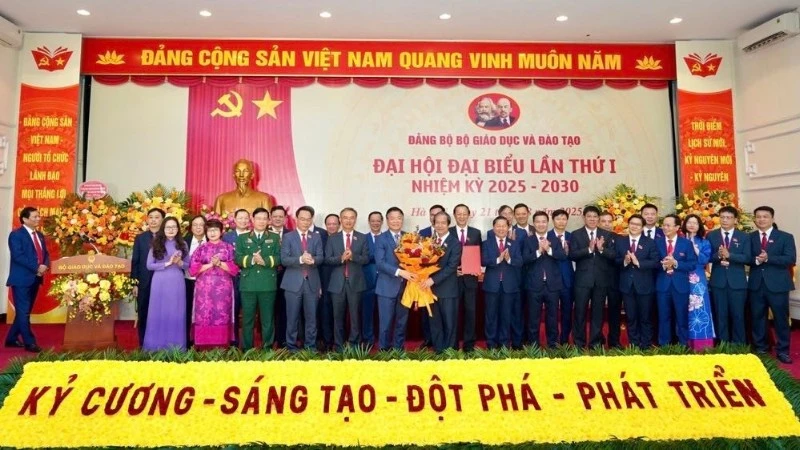
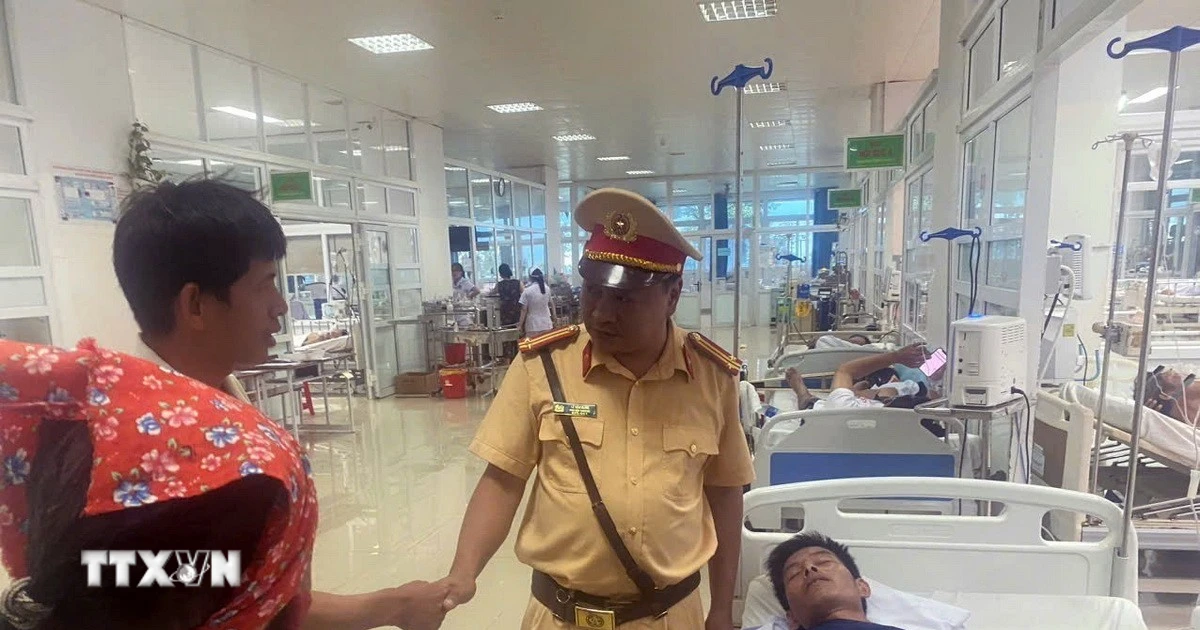
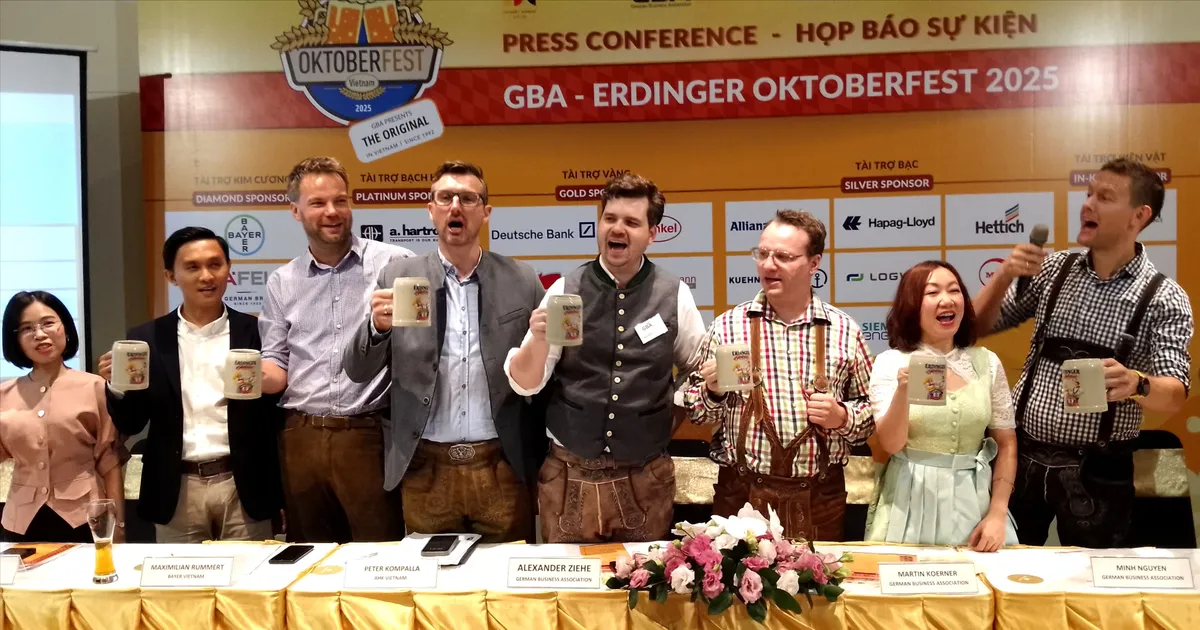
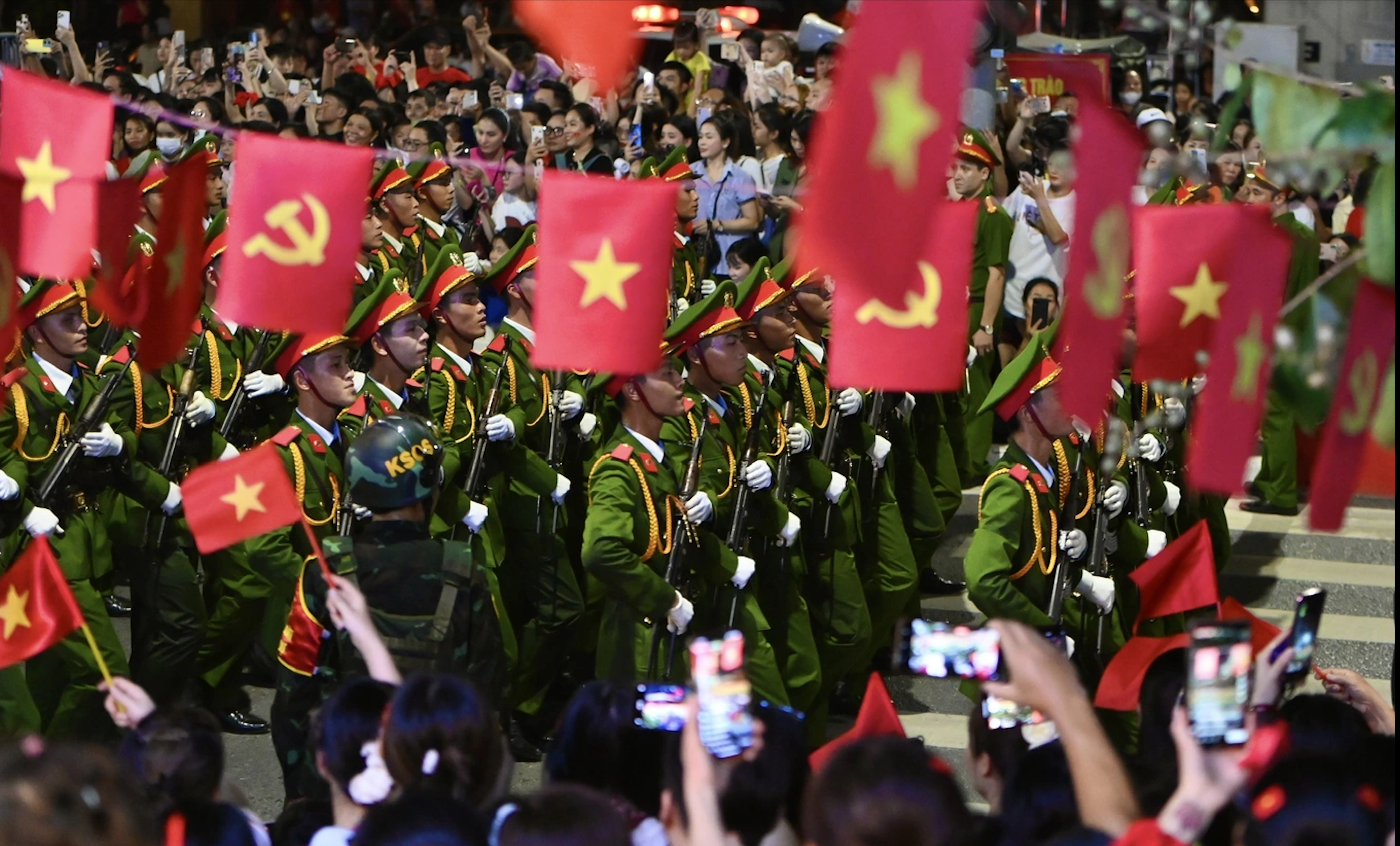
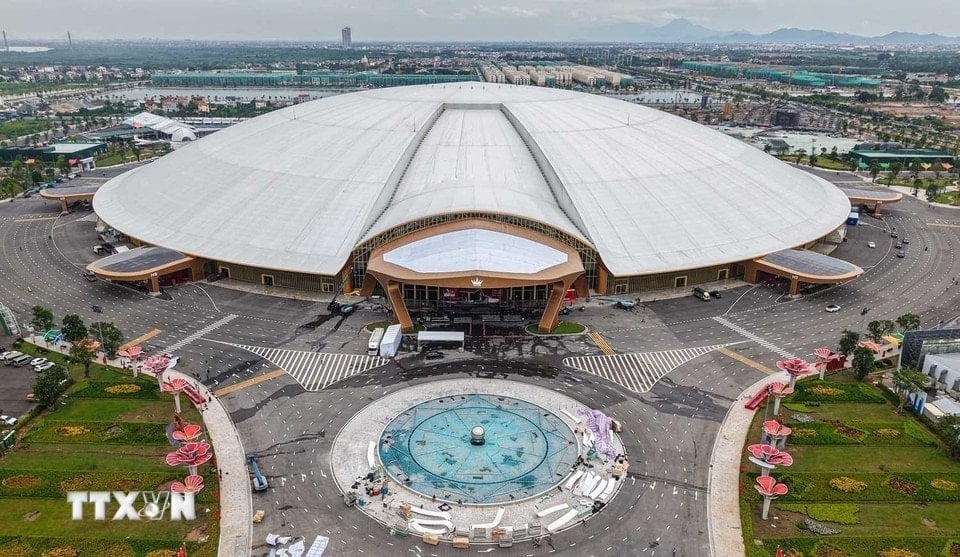
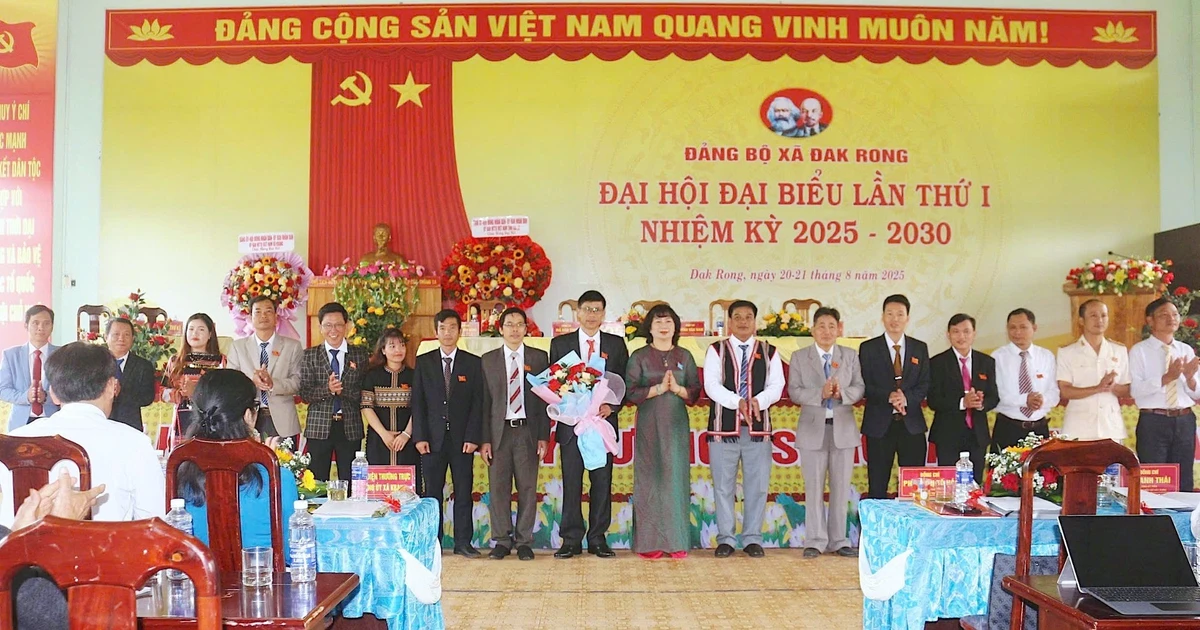
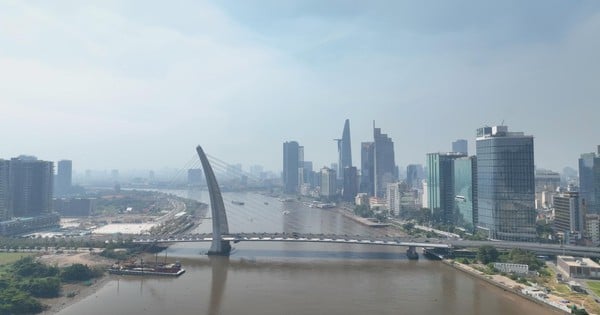
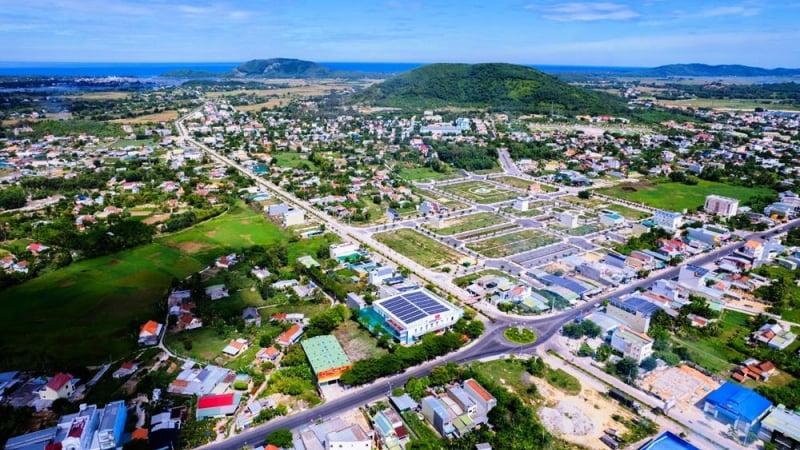













![[Photo] An Phu intersection project connecting Ho Chi Minh City-Long Thanh-Dau Giay expressway behind schedule](https://vstatic.vietnam.vn/vietnam/resource/IMAGE/2025/8/21/1ad80e9dd8944150bb72e6c49ecc7e08)



































![[Photo] Politburo works with the Standing Committee of Hanoi Party Committee and Ho Chi Minh City Party Committee](https://vstatic.vietnam.vn/vietnam/resource/IMAGE/2025/8/21/4f3460337a6045e7847d50d38704355d)
































Comment (0)